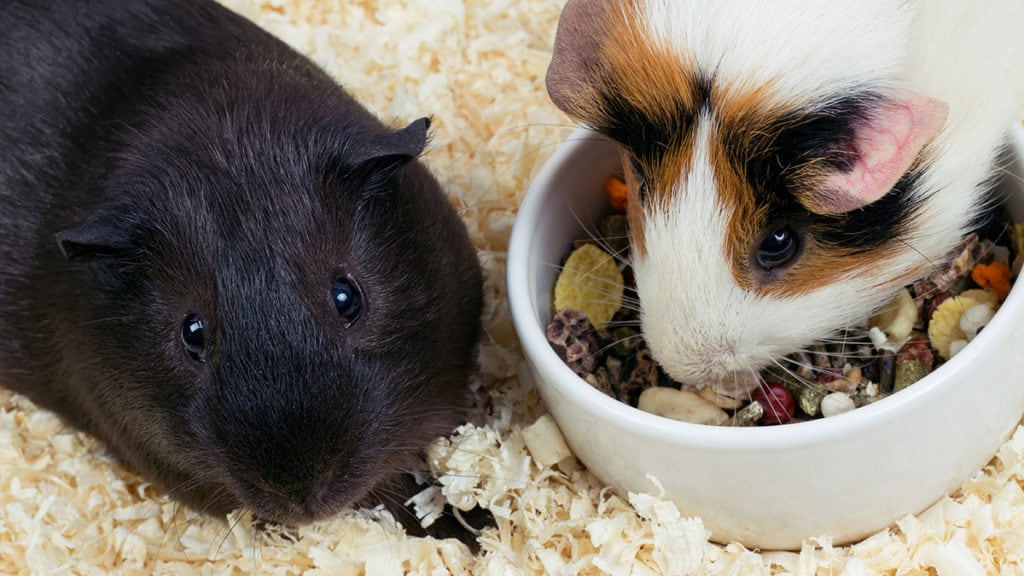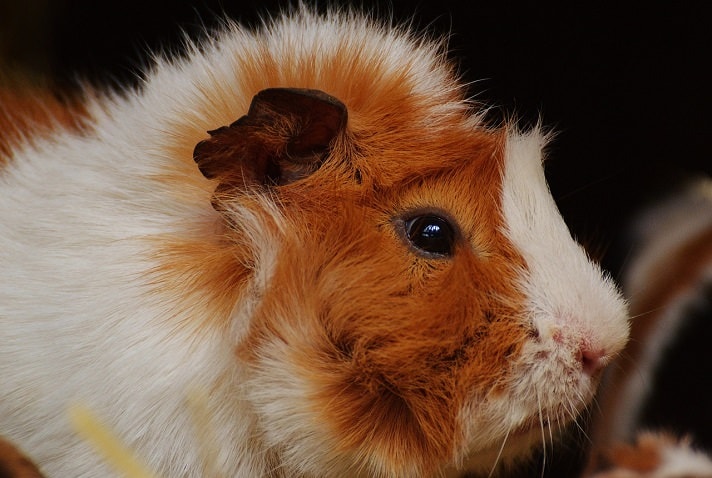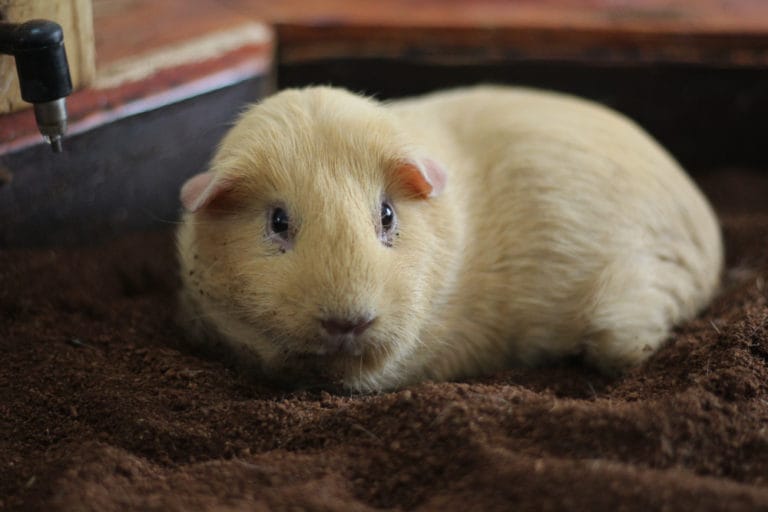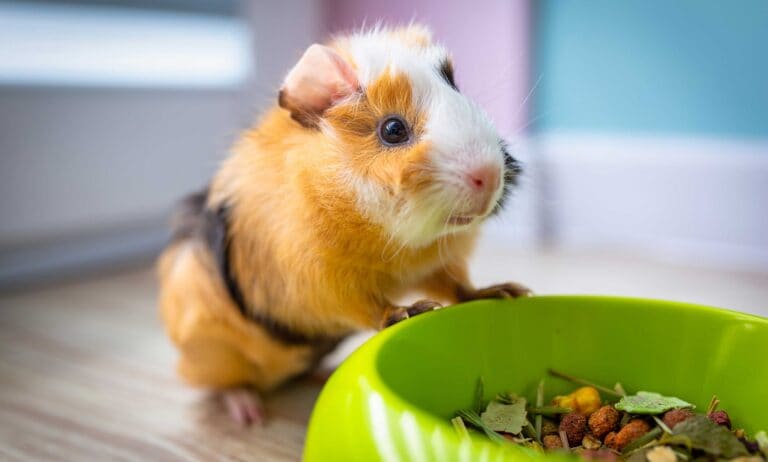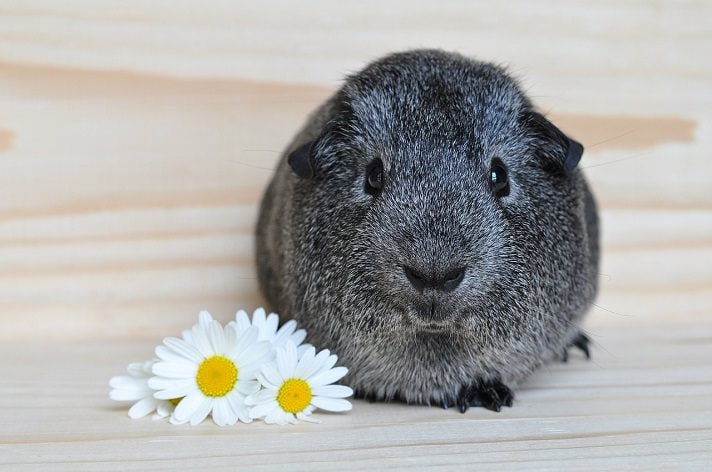If you share your life with guinea pigs, you need to be aware of a serious, and sometimes fatal, condition known as guinea pig bloat. Most mammals experience intestinal gas from time to time; it’s a normal byproduct of digestion. For our little cavys, however, this gas causes big concern.
What is Guinea Pig Bloat?
Guinea pig bloat occurs when gas builds up in your pet’s gastrointestinal intestinal tract.
“Guinea pigs are not able to pass gas through their intestines, so the gas just stays in the intestines and produces severe pain,” says Lori Hageman, DVM, owner of Ark Pet Hospital in Antioch, Calif. “Guinea pig bloat can be fatal if untreated because their intestines [have] stopped moving, and they stop eating.”
Signs of Guinea Pig Bloat
If you notice anorexia in your guinea pig or visible swelling around his rib cage, see a veterinarian immediately. The earlier your pet is seen and treated by a professional, the easier the treatment and prognosis for guinea pig bloat.
“Any guinea pig that starts to go off food should be evaluated for bloat,” Dr. Hageman says. “By the time the abdomen looks distended, the bloat is at a more advanced stage.”
Other signs that can be attributed to guinea pig bloat include general weakness, decreased stool production, heavy breathing and restless movement. This condition can be very painful for your guinea pig and can worsen over night, so take action as soon as you observe any signs.
“Any guinea pig that doesn’t eat for more than 36 hours should see a veterinarian,” Dr. Hageman advises. “Even if it isn’t bloat, there is a condition that needs to be treated.”
Treatment of Guinea Pig Bloat
Veterinarians can treat guinea pig bloat with anti-gas medications or antibiotics to get the gastrointestinal tract functioning normally. They also can give the guinea pig pain medication and encourage him to drink lots of water.
If drug therapy proves futile, your vet might perform surgery. Keep in mind that once a guinea pig has bloat, the condition is likely to happen again.
“The prognosis for guinea pigs with bloat is always guarded,” Dr. Hageman says. “There are many theories on the disease, but nothing has been definitely proven.”
These theories include hairball impaction, gut adhesions from past abdominal surgeries, bacteria, parasites, viruses or stress. However, Dr. Hageman says diet is a common culprit.
Preventing Guinea Pig Bloat
According to William Ridgeway, DVM, of Long Beach Animal Hospital in Long Beach, Calif., 10-20 percent of the guinea pigs he sees have bloat. But pet parents can take precautions against the condition, Drs. Ridgeway and Hageman say.
“Certain foods cause gas build-up and should not be fed to guinea pigs,” Dr. Hageman says. “These include all the cruciferous vegetables (cabbage, broccoli, cauliflower) and bok choy. Guinea pigs should be fed lots of timothy hay to keep their intestines moving smoothly.”
One quality option is Oxbow Western Timothy Hay.
Veterinarians also recommend making sure that your pet’s water and food dishes are clean and that you monitor your guinea pig’s eating habits to catch anorexia at an early stage.
By: Rachael Brugger
Via Shutterstock.com/By Alexander Mozymov
Share:
